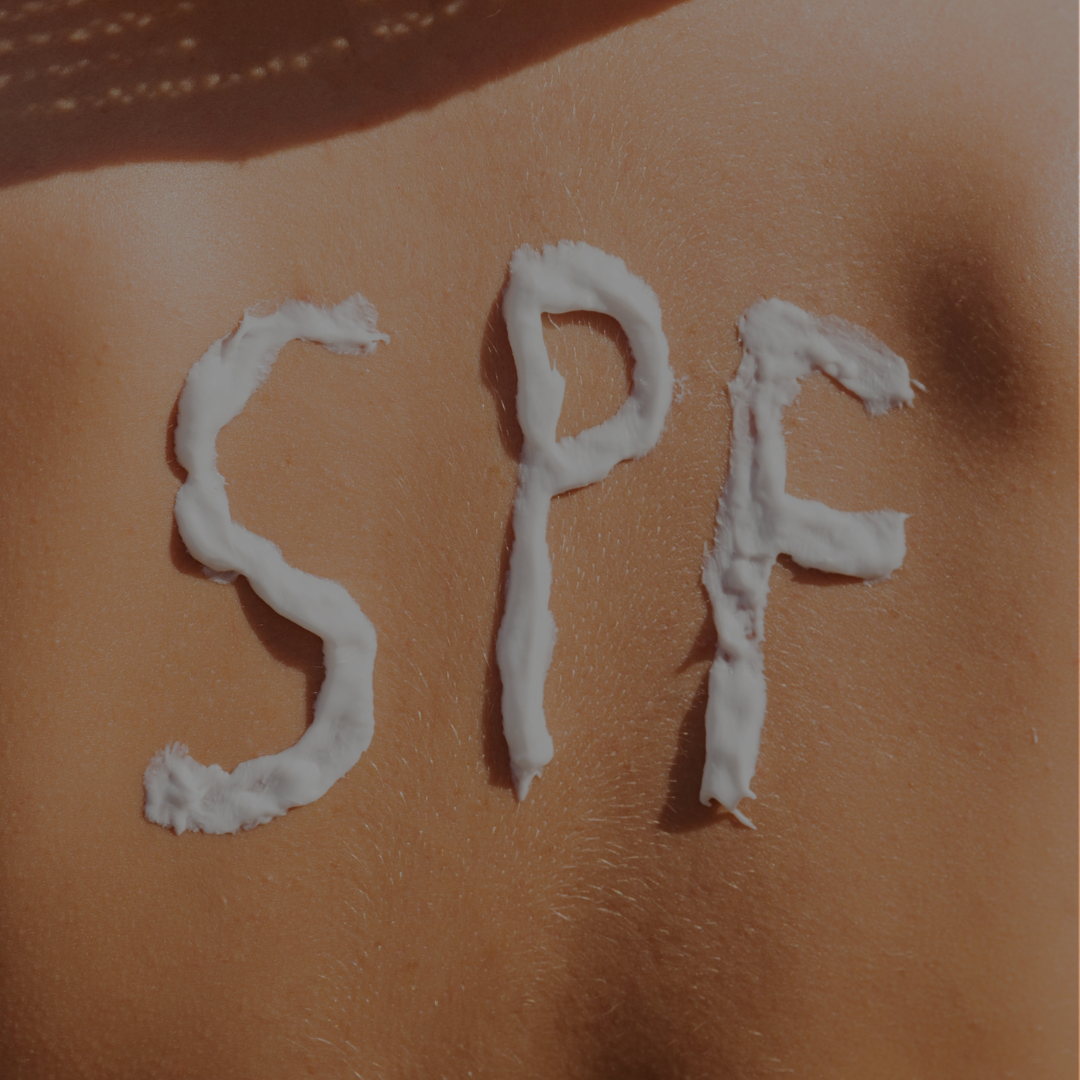Skin cancer is on the rise in the UK, and your best daily defence isn’t a serum. It’s SPF. Every single day. No exceptions. May is Skin Cancer Awareness Month, and the perfect time to get brutally honest about skin health.
Skin Cancer in the UK: The Numbers You Can’t Ignore
Skin cancer is among the most common cancers in the UK. Non-melanoma skin cancer (NMSC) is the most frequently diagnosed, with over 262,000 new cases projected annually by 2038–2040. Melanoma, the more dangerous form, accounts for approximately 17,500 new cases each year, making it the fifth most common cancer. Since the early 1990s, melanoma incidence rates have increased by about 147%, and over 2,300 people in the UK die from melanoma annually. Importantly, around 86% of melanoma cases are preventable, primarily caused by excessive ultraviolet (UV) radiation exposure.
Why Are Skin Cancer Rates Rising?
There are a few key drivers:
- Tanning culture & sunbed use: Despite awareness, many still associate tanning with health and beauty.
- Increased travel: More UK residents are travelling to sunny countries with higher UV indexes.
- Climate change: More UV radiation exposure due to warmer, sunnier British summers.
- Delayed use of SPF: Many still think SPF is seasonal, cosmetic, or optional.
The bottom line: UV exposure is cumulative, and even mild sun damage from your daily walk adds up.
Can You Get a Free Skin Cancer or Mole Check in the UK?
There is no national screening program for melanoma or non-melanoma skin cancer in the UK, so you cannot get a free mole scan through the NHS. However, you can get your moles checked by your GP, or you can explore private mole scanning services.
· Your GP is the first port of call. If you notice a suspicious mole or skin change, you can request an urgent referral.
- Some pharmacies and clinics (especially during Skin Cancer Awareness Month) offer free mole checks, often in partnership with charities.
- Charities like Skcin and Melanoma UK also offer educational tools and screening events, though these aren’t yet widespread.
If in doubt, take a photo, monitor changes, and speak to a GP. Early detection saves lives.
SPF: How to Use It Correctly (Because Most of Us Aren’t)
Let’s clear this up: SPF is not just for holidays, and it’s not just for people who “burn easily.” UV rays cause DNA damage that can lead to cancer and they’re present even on cloudy days.
Here’s how to use SPF the right way:
- Use 1/3 to 1/2 teaspoon (roughly 2ml) for the face and neck
- Apply it last in your skincare routine (after serum and moisturiser, before makeup)
- Reapply every 2 hours if outdoors, or immediately after sweating or swimming
- Yes, even if your makeup has SPF, that’s not enough
The Best Sunscreen Is the One You’ll Actually Use - Daily.
No single SPF suits everyone. The best one is the one you’ll reach for every morning without hating how it feels or looks. Here are some options based on skin type and tone:
For Oily Skin:
- La Roche-Posay Anthelios UVMune 400 Oil Control SPF50+
- Bioré Aqua Rich SPF 50
- Bondi Sands SPF50+ Face Fluid
- Beauty of Joseon Relief Sun Aqua-Fresh Rice + B5 SPF50+
For Dry Skin:
- Ultrasun Face SPF30 Anti-Ageing Formula
- Aveeno Protect + Hydrate Moisturising SPF50
- Murad City Skin Age Defense Broad Spectrum SPF50 PA ++++
- Ultra Violette Super Supreme Screen Hydrating Facial Skinscreen SPF50+
For Melanated Skin (no or minimal white cast):
- Beauty Pie Featherlight UVA/UVB SPF 50+
- Supergoop! Unseen Sunscreen SPF50
- Laneige Hydro UV Defense Ex SPF50+
- Nivea Sun UV Face Shine Control SPF50+
SPF Is Not Optional. It’s Skin Health 101.
At Sekkeizu, we’re not here to sell fear but we are here to champion facts. No skin serum, no matter how advanced, can undo years of unprotected UV exposure. But the simple act of applying SPF daily? That’s going to make all the difference to your health today and tomorrow.
So this month, check your moles, book that GP visit if something looks off - and most importantly, wear your SPF.

